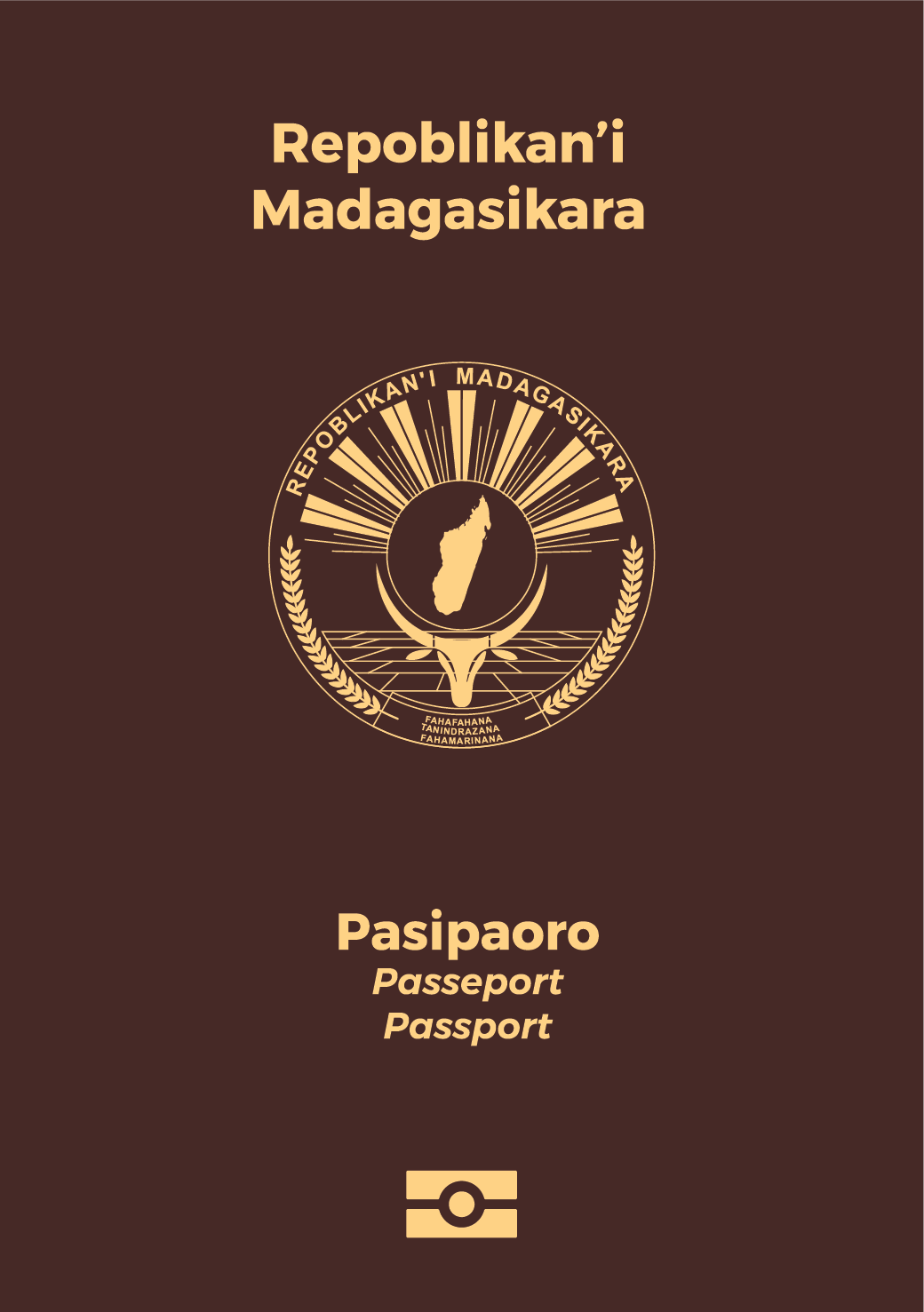Visa free access for Madagascar
As a Madagascar passport holder, you are permitted to travel visa-free to 59 countries and territories. This data is correct as of March 2024.
In order to travel visa-free, you will need a valid passport, often with at least six months until expiry. Additionally, you may need travel insurance, as required by your destination country.
Within these countries, there is often a separate section in airports where you can submit your Visa on Arrival. You will receive your visa on arrival (VOA) after entering the country that issued the visa.
Acquiring an eVisa follows the same process as applying for a traditional visa. The main difference with an eVisa is that you don’t need to visit a visa application centre. You can submit your application online, including making any payments relating to the visa.
Once the relevant authorities approve your application, you will receive a confirmation email regarding your visa status, along with a document that you must print and bring with you when crossing the border.
You will need a valid visa to enter the 59 countries with a Madagascar passport.
About Madagascar
Madagascar, the fourth largest island in the world, is located in the Indian Ocean off the southeastern coast of Africa. The country is home to around 27 million people and is known for its rich biodiversity, with many of its plant and animal species found nowhere else on earth. The climate varies from tropical along the coast to temperate inland and arid in the south, providing a wide range of ecosystems.
The culture of Madagascar is an eclectic mix of Malayo-Indonesian, African, Arab, and French influences. Malagasy and French are the official languages, with traditional Malagasy music and dance playing a significant role in the daily lives of the people. The island is famous for its unique funeral traditions, including the “famadihana” or “turning of the bones” ceremony.
Madagascar’s economy is largely based on agriculture, including fishing and forestry, with coffee, vanilla, and cloves among the main exports. However, the country faces significant challenges, including political instability, inadequate infrastructure, and a high rate of poverty. Despite these challenges, Madagascar’s unique wildlife, stunning landscapes, and vibrant culture make it a fascinating destination. The Madagascar passport allows citizens to travel internationally, serving as a key symbol of national identity.

 Madagascar
Madagascar
































































































































































































































